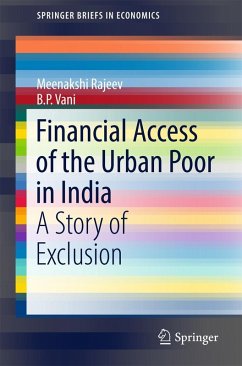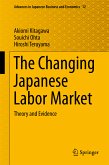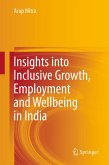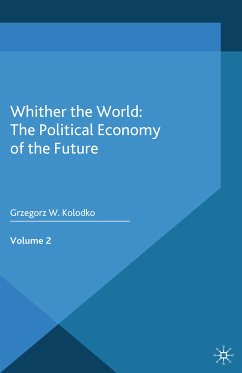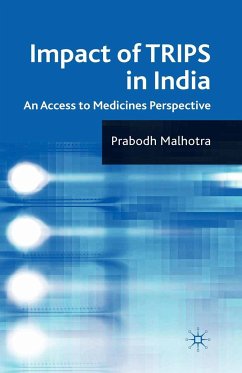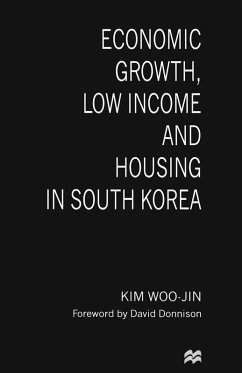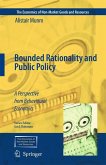This book focuses on the issue of financial exclusion with particular reference to the urban informal sector in India. Continuing the work of its predecessor, the current Government of India is also placing considerable importance on driving policy initiatives for financial inclusion. However, financial exclusion in urban areas, especially of the lower strata of the society has not received the attention it deserves from researchers and policymakers, even though urban poverty and deprivations are of considerable importance in the present Indian context. The challenges of financial inclusion and accessibility in the urban areas differ substantially from those found in the rural regions given the fact that the possibility of physical access to financial services is much higher in urban areas. In order to provide a macro perspective, the book begins with an analysis of the unit record data on nature and extent of financial inclusion and access to credit in urban India, based on Debt and Investment survey data (59th and 70th rounds) provided by the National Sample Survey Office (NSSO). In subsequent steps, the book discusses findings from a primary survey carried out in the state of Karnataka of self-employed persons engaged in informal services sector. This exercise has helped to comprehend the ways in which they currently meet their financial needs for different income generating purposes, the terms and conditions under which they do so, and the challenges that remained for possible interventions. Experiences of other developing nations in their attempts to ensure financial inclusion and the lesson learnt thereby are the other highlights of the book.
Dieser Download kann aus rechtlichen Gründen nur mit Rechnungsadresse in A, B, BG, CY, CZ, D, DK, EW, E, FIN, F, GR, HR, H, IRL, I, LT, L, LR, M, NL, PL, P, R, S, SLO, SK ausgeliefert werden.

